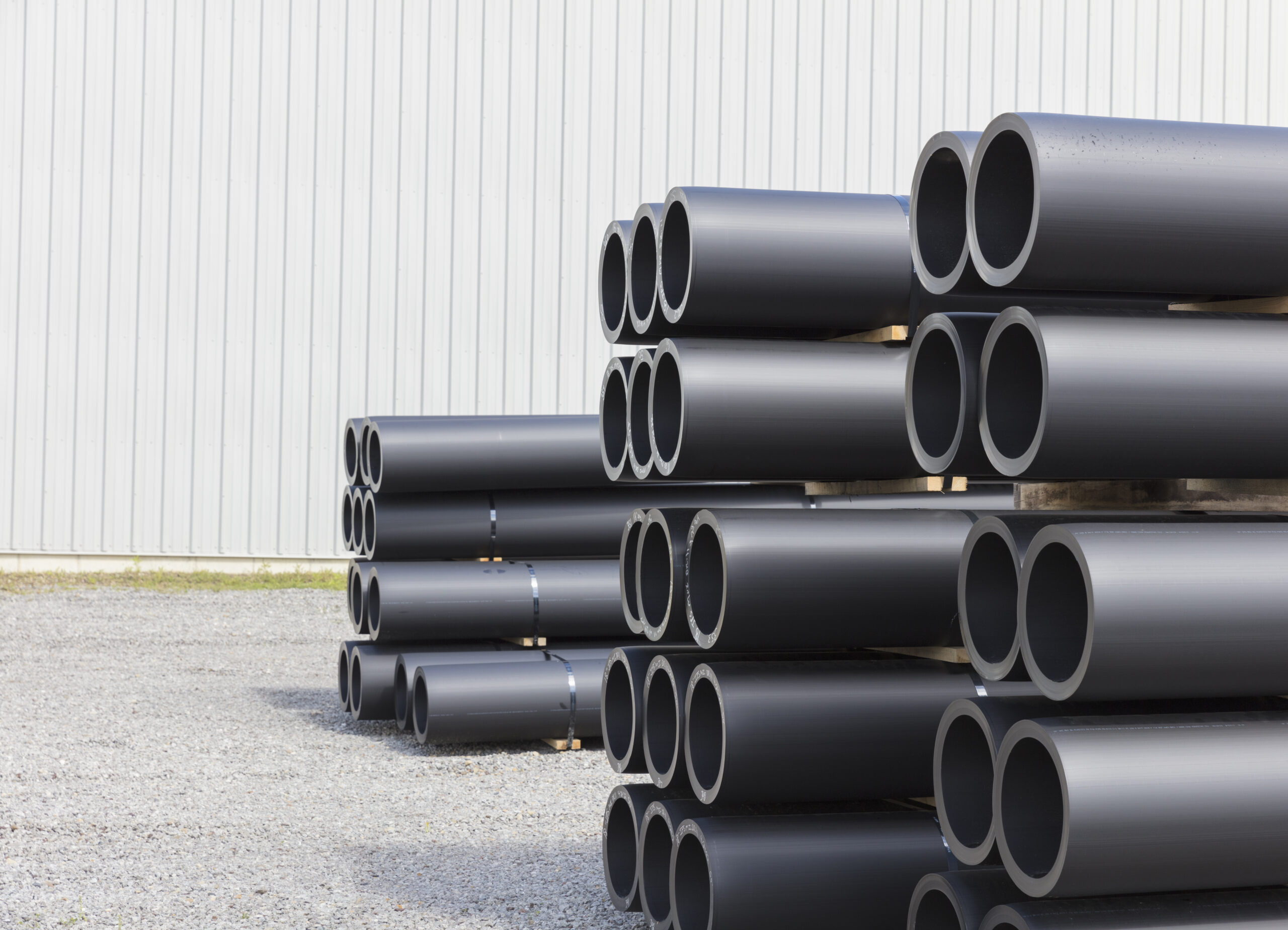American Plastics HDPE Pipe for Oilfield: Built for Harsh Conditions
Recognizing the Secret Perks of HDPE Pipe for Water and Wastewater Management
Making use of HDPE pipeline in water and wastewater management presents numerous advantages that warrant consideration. Its outstanding resilience and lengthy life-span make it a favored choice for numerous jobs. In addition, the material's resistance to deterioration and chemical damages enhances its integrity in different settings. The benefits extend past simply durability and resistance. American Plastics HDPE Pipe Manufacturing. Discovering its cost-effectiveness and environmental effect exposes even more compelling reasons for its extensive adoption in modern framework
Outstanding Durability and Durability

HDPE pipe attracts attention for its remarkable sturdiness and long life, making it a recommended selection in water monitoring systems. Created from high-density polyethylene, these pipelines can withstand substantial pressure and anxiety, guaranteeing dependable performance over time. Their robust nature allows them to sustain extreme ecological problems, consisting of temperature level variations and soil activities, which can cause various other materials to stop working.
The life-span of HDPE pipelines frequently surpasses 50 years, providing an economical service for municipalities and sectors alike. In addition, the material's light-weight residential or commercial properties streamline installation, minimizing labor expenses and durations. This toughness decreases the requirement for frequent fixings or substitutes, further enhancing its economic charm.
In water management applications, the reliability of HDPE pipelines means fewer disturbances and improved service connection, making them essential to sustainable infrastructure advancement. The combination of sturdiness and long life strengthens HDPE's role as a cornerstone in efficient water management remedies.

Resistance to Rust and Chemical Damage
While many materials catch deterioration and chemical damage with time, HDPE pipelines exhibit exceptional resistance, making them ideal for various water management applications. This resilience originates from the molecular structure of high-density polyethylene, which is naturally non-reactive and does not corrode like steels or degrade from exposure to rough chemicals. As a result, HDPE is highly reliable in atmospheres with aggressive substances, such as wastewater systems that might include acids, bases, and natural solvents.
Additionally, HDPE pipes can endure environmental factors such as soil acidity and saline conditions, additionally improving their viability for varied applications (American Plastics HDPE Pipe for Oilfield). Their capability to keep structural honesty over time lowers the threat of leakages and failures, which is important in ensuring the safety and integrity of water circulation and wastewater management systems. As a result, the resistance to corrosion and chemical damage significantly adds to the total performance and long life of HDPE piping options
Cost-Effectiveness and Financial Benefits
When taking into consideration the economic implications of water monitoring systems, the cost-effectiveness of HDPE pipes comes to be apparent. These pipes supply reduced setup and upkeep prices compared to conventional materials like steel or concrete. Their lightweight nature simplifies transportation and installment, leading to minimized labor costs. Additionally, HDPE pipelines display a long life-span, usually surpassing 50 years, which converts to less substitutes and lasting savings.
Moreover, the resistance of HDPE to deterioration and chemical damage sewer inspection near me reduces the requirement for costly repair work and replacements. The pipelines additionally sustain effective water flow, lowering power prices linked with pumping systems. By reducing leakages and water loss, HDPE pipelines add to considerable financial benefits for towns and markets alike. On the whole, the initial financial investment in HDPE piping can generate significant monetary returns over the lifespan of the water monitoring system, making it a prudent option for sustainable framework advancement.
Environmental Sustainability and Lowered Effect

Versatility and Flexibility in Installation
Because of their unique properties, HDPE pipelines provide amazing versatility and versatility in setup, making them ideal for a vast array of applications. Their lightweight nature enables simpler handling and transport, lowering labor expenses and setup time. HDPE pipelines can be bent and shaped to fit numerous surfaces and task requirements, which is specifically valuable in testing atmospheres.
In addition, try this web-site their resistance to deterioration and chemical damages allows for installment in varied setups without the requirement for specialized safety coatings. The ability to fuse joints develops a constant, leak-free system, improving the total integrity and reliability of the installment. HDPE's adaptability also accommodates ground motion, lowering the risk of damages in locations prone to shifting soil. On the whole, these attributes make HDPE pipelines not only versatile but also a recommended choice for water and wastewater administration systems.
Often Asked Concerns
Exactly How Does HDPE Pipeline Contrast to PVC in Water Administration Applications?
HDPE pipe supplies exceptional adaptability, resistance to rust, and toughness contrasted to click to find out more PVC. Its lighter weight helps with simpler setup, while its lengthy lifespan minimizes substitute prices, making HDPE a favored selection in water monitoring applications.
What Is the Life-span of HDPE Pipes Under Common Problems?
Under regular problems, HDPE pipelines can have a life expectancy ranging from 50 to 100 years. Their sturdiness and resistance to corrosion contribute to their lasting performance in various applications, making them a reputable choice for infrastructure.
Are HDPE Pipes Recyclable After Their Service Life?
Yes, HDPE pipelines are recyclable after their service life. hdpe pipe in stock Midland TX. They can be processed and repurposed right into new products, considerably reducing ecological influence and advertising sustainability within the industry, making them an environmentally friendly choice for piping remedies
What Is the Installation Refine for HDPE Piping?
The installation procedure for HDPE pipelines includes site prep work, trenching, pipeline blend or mechanical joining, backfilling, and stress screening. Correct methods assure a resilient and efficient system for transporting water and wastewater efficiently.
Can HDPE Pipes Be Made Use Of for Both Safe And Clean and Non-Potable Water Solutions?
Yes, HDPE pipelines can be utilized for both drinkable and non-potable water supply. Their versatility, toughness, and resistance to corrosion make them appropriate for numerous applications, guaranteeing risk-free and efficient transport of water in different contexts.